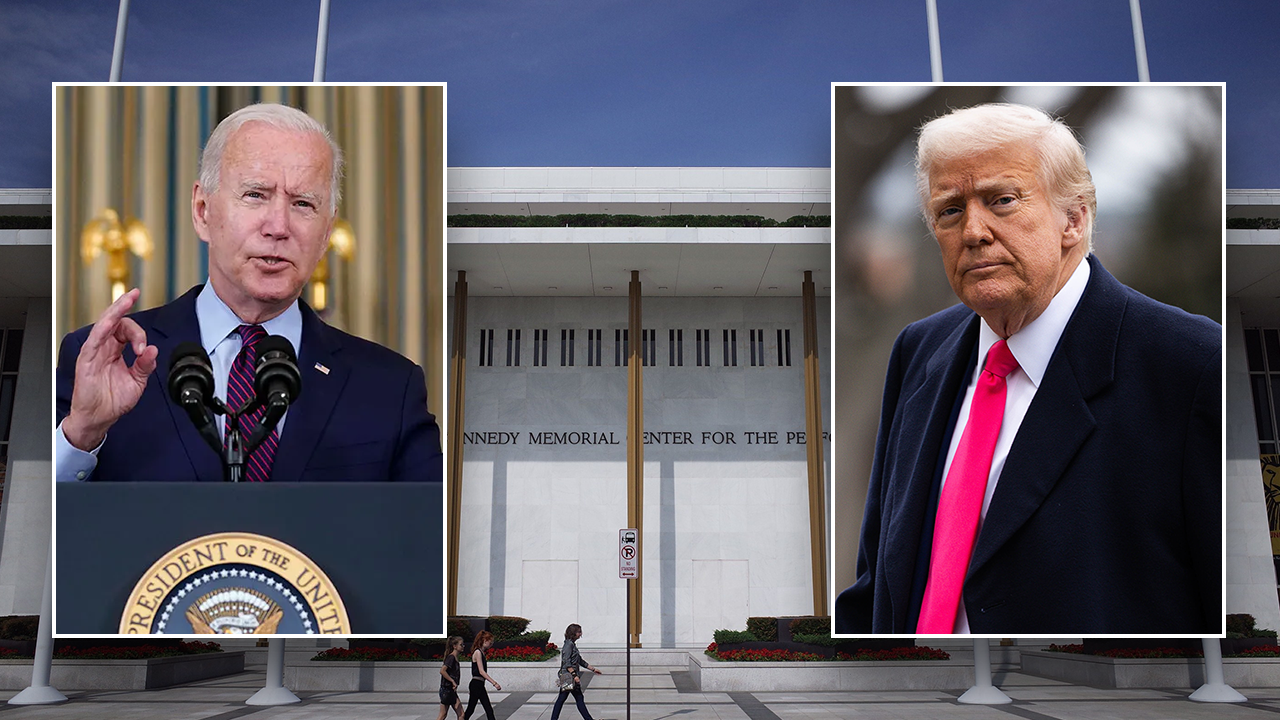Sean Spicer’s lawsuit against Biden admin set precedent for Trump Kennedy Board removals

A recent legal victory during the Biden administration paved the way for President Donald Trump to remove several members of the Kennedy Center board. This win stemmed from a case known as Spicer v. Biden, in which former Trump press secretary Sean Spicer was one of the plaintiffs. Spicer explained that the lawsuit was aimed at sending a message to the president, ensuring that future Republican leaders would have the legal authority to make similar board member changes.
When President Biden attempted to remove Spicer and other board members from their positions on the Board of Visitors for the Naval Academy, Spicer and current director of the Office of Management and Budget Russ Vought refused to resign. Instead, they received a letter demanding their resignation, which led to the initiation of the lawsuit by America First Legal, founded by Stephen Miller. The goal was not to regain their positions but to set a precedent for future administrations to have the power to make board member changes.
Despite the dismissal of the case by the district court, the U.S. Court of Appeals for the D.C. Circuit ruled in a similar case that a president could remove appointees like Spicer and Vought at will. This ruling established the legal framework for President Trump to dismiss multiple Kennedy Center board members, a move that sparked controversy and criticism.
John Malcolm, vice president of the Institute for Constitutional Government at the Heritage Foundation, noted that Trump’s actions were unprecedented but within his executive authority. The legal battles surrounding Trump’s executive orders and directives underscored the ongoing debate over the extent of presidential power.
In response to the legal challenges, Trump’s administration sought to reinforce the concept of a unitary executive, emphasizing the president’s authority over executive branch officials. The push for greater control over independent agencies and federal employees highlighted the administration’s efforts to assert executive power.
Looking back on the lawsuit, Spicer acknowledged the influence of Trump’s confrontational approach to politics. He emphasized the importance of standing up for conservative principles and fighting back against opposition. By taking a page out of Trump’s playbook, Spicer and America First Legal set a precedent that could shape future actions by Republican leaders.
As the legal battles continue and the debate over executive authority rages on, the legacy of the Spicer v. Biden case serves as a reminder of the ongoing struggle for power and accountability within the executive branch. The intersection of politics and the law remains a contentious battleground, where each legal victory or defeat has far-reaching implications for the future of governance.




